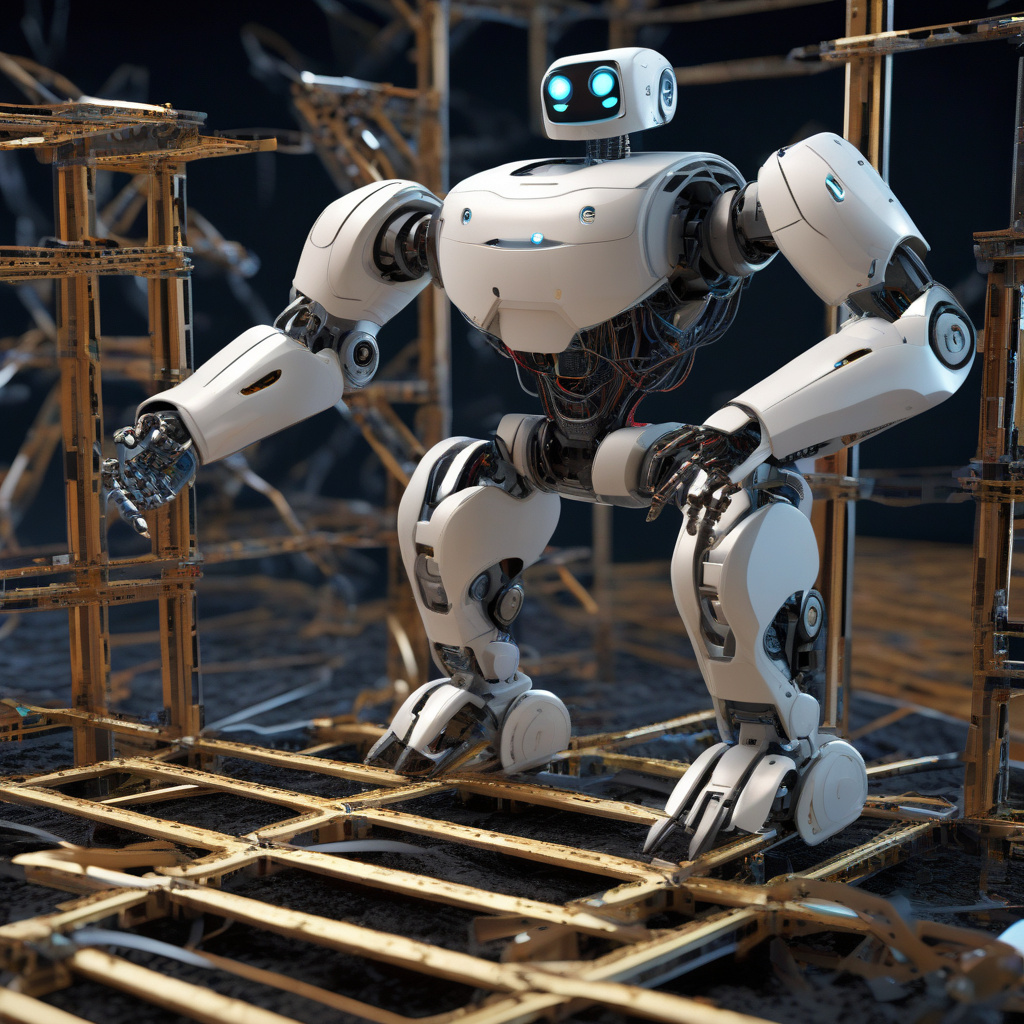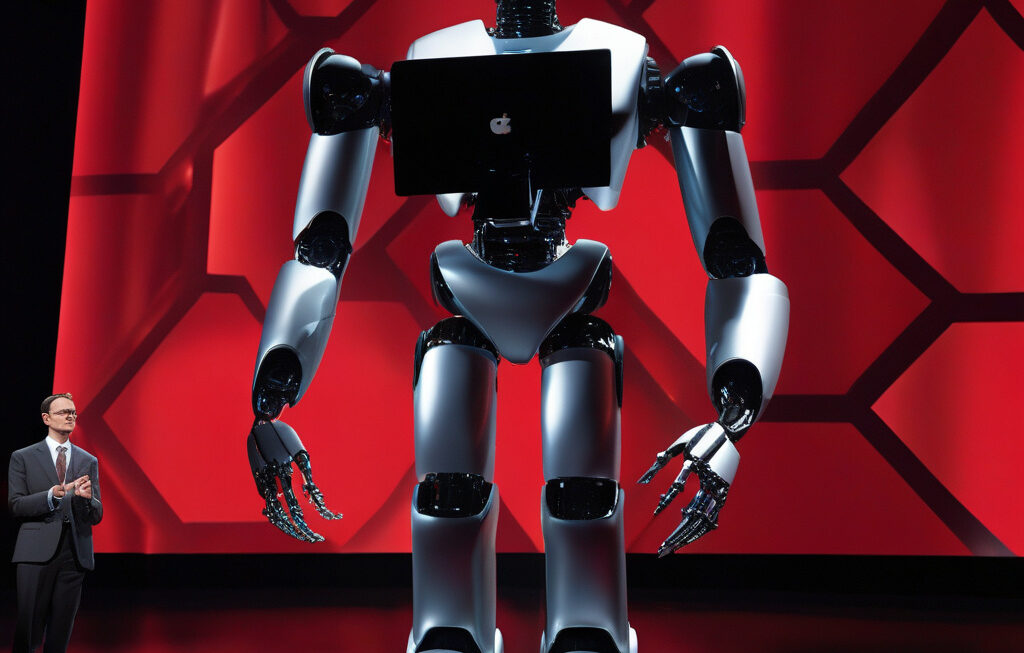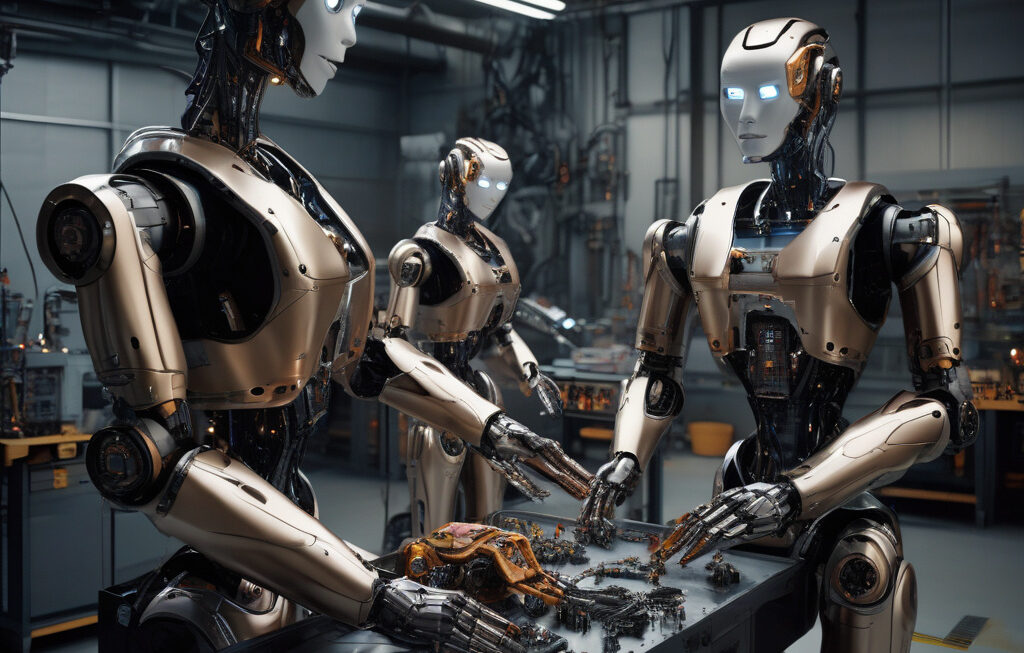Watch: Mini π Bipedal Robot Tackles Obstacles with Precision Using AI Models
A new video by a Chinese firm shows how its compact bipedal robot walks and navigates obstacles with remarkable precision, thanks to advanced AI models. The Mini π robot, standing at just 9.5 inches tall and weighing 1.7 pounds, demonstrates agility and balance as it maneuvers through a variety of challenging terrains. This groundbreaking achievement highlights the fusion of robotics and artificial intelligence, pushing the boundaries of what small-scale robots can accomplish.
The video showcases the Mini π robot effortlessly climbing stairs, traversing uneven surfaces, and even maintaining stability on slopes. What sets this robot apart is its ability to adapt to changing environments in real-time, making split-second decisions to overcome obstacles. This level of autonomy is made possible by sophisticated AI algorithms that allow the robot to analyze its surroundings, plan its movements, and execute tasks with precision.
One of the key features of the Mini π robot is its use of machine learning models to improve its locomotion capabilities. By continuously learning from its interactions with the environment, the robot can enhance its agility and dexterity over time. This self-improving functionality opens up a world of possibilities for applications in search and rescue missions, exploration of hazardous environments, and assistance for individuals with mobility impairments.
The development of the Mini π robot represents a significant advancement in the field of robotics, showcasing the potential of compact, bipedal robots to perform complex tasks with efficiency and accuracy. As technology continues to progress, we can expect to see further innovations that leverage AI models to enhance the capabilities of robots in various industries.
In conclusion, the Mini π bipedal robot stands as a testament to the power of AI in enabling robots to tackle obstacles with precision and grace. By harnessing the latest advancements in artificial intelligence, this robot paves the way for a future where autonomous machines can navigate the world with agility and adaptability. The possibilities for such technology are vast, and the Mini π robot serves as a shining example of what the future of robotics may hold.
robotics, AI, innovation, technology, precision












